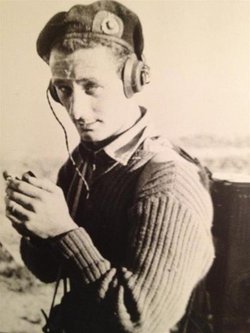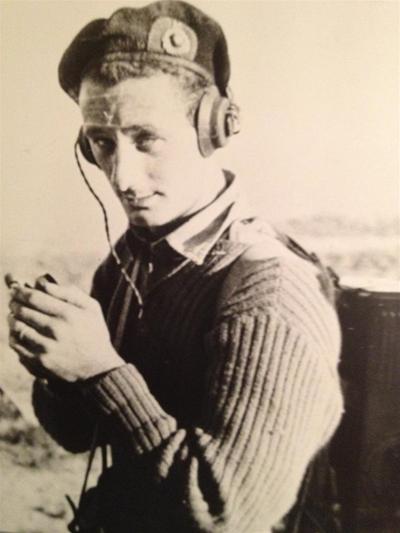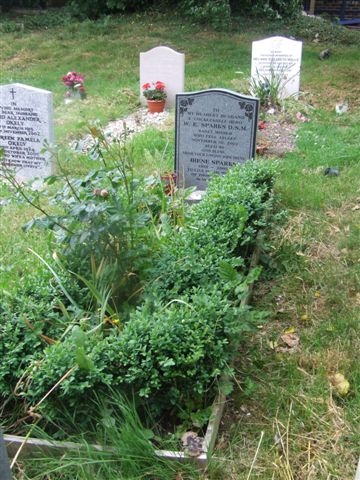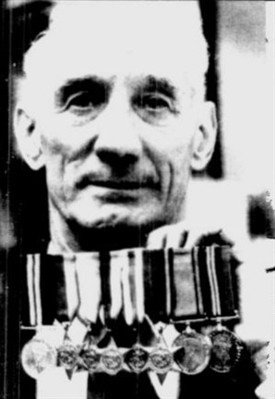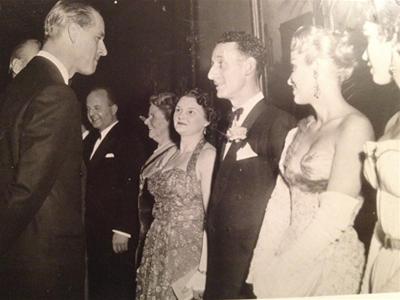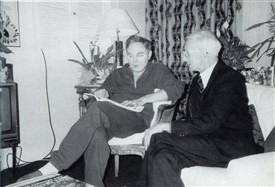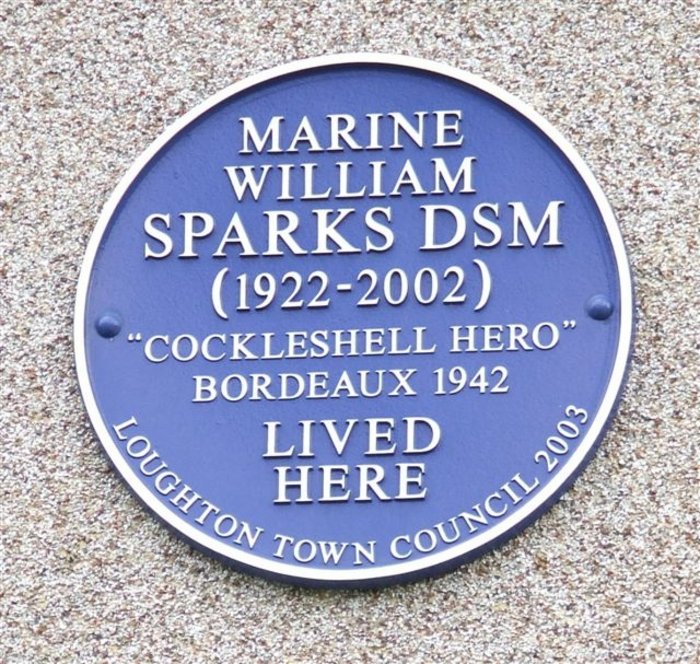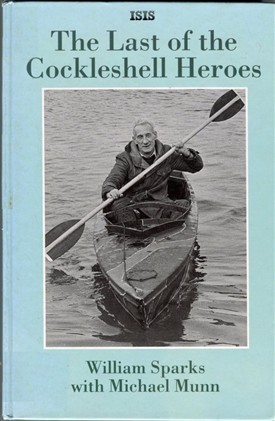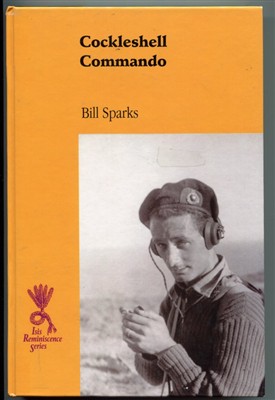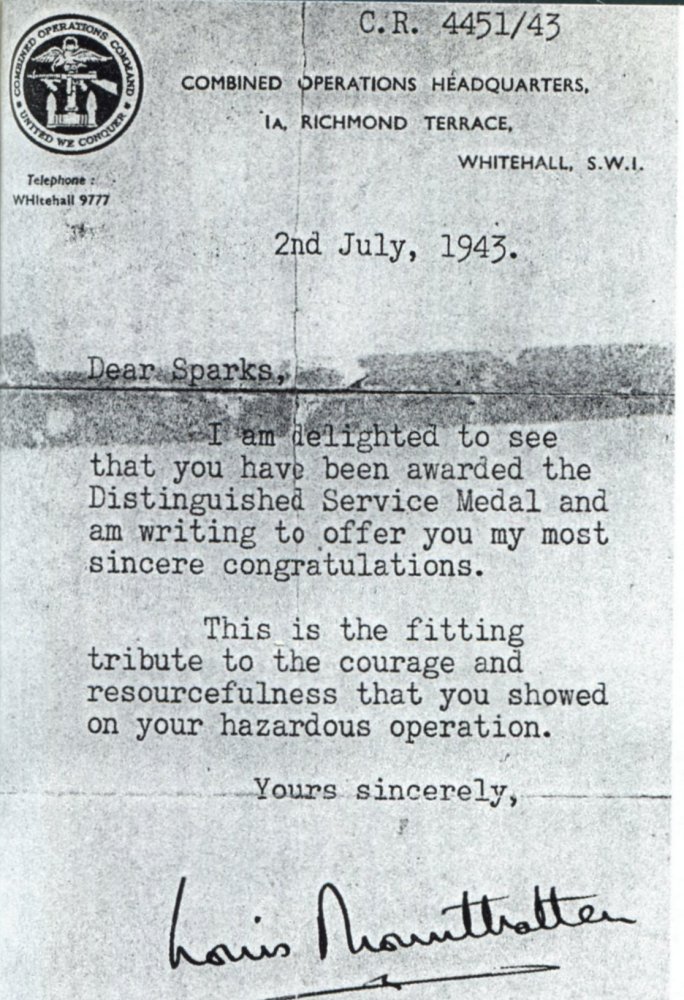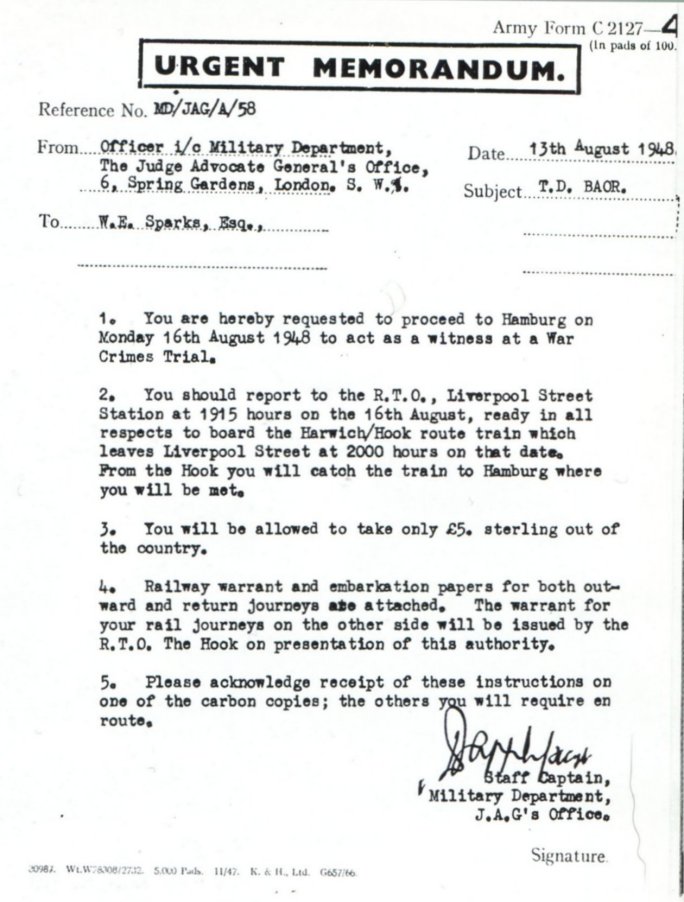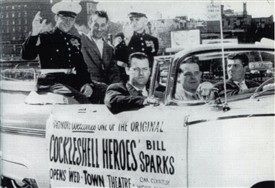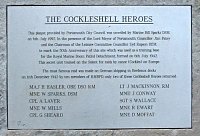Marine David Moffatt
Corporal George Jellicoe Sheard
Only Major Herbert "Blondie" Hasler (later Lieutenant Colonel)and Marine Sparks escaped and made their way across the Pyrenees to neutral Spain and on to British held Gibraltar. They received assistance from various agents but most notably from Mary Lindell, a British agent in the Lyon area, herself decorated as a Resistance heroine of WWII. King George VI presented Marine Sparks with the Distinguished Service Medal. The mission was immortalized in the 1955 film "Cockleshell Heroes" on which Sparks was an advisor and he went on a promotional tour of the United States. He completed his war service as a Corporal serving in Burma, Africa and Italy. After the war, in 1946 he became a bus driver and then, during the 1952 Emergency in Malaya he became a Police Lieutenant. Returning to his previous employment he became an Inspector with London Transport on the buses.He received an invalidity pension but when that was cut, despite media coverage and family disagreement, he had to auction his medals. They went on sale at Sotheby's and were bought for £31,000:00 by an anonymous bidder [later revealed to be Lord Ashcroft]. But the pain that he must have felt was somewhat alleviated when the new owner placed the medals in Sotherby's vaults with instructions that Bill Sparks was to be permitted to wear them whenever he wished.
When he was 61, he re-enacted his epic journey by paddling the 85 miles from the mouth of the Gironde up to Bordeaux to raise money for Cancer Research. The escape route that he and Major Hasler used is now a footpath dedicated to the Cockleshell Heroes.He wrote two books on the action - "The Last of the Cockleshell Heroes" & "Cockleshell Commando".He was survived by three sons, one of whom became a colour sergeant in the Marines, and a daughter. After his first wife, Violet, died in 1982, he married again. Irene, his second wife, survived him and was later laid to rest with him.There is a blue plaque to Sparks on the council house he occupied after the war,in Poundfield Road Loughton Essex. He later moved to Alfriston in East Sussex where he died aged 80.
Photo gallery
Training in the waters around Canvey for his re-enactment in 1983
In Baltimore promoting the film. Bill is sitting at the back between two US Marines
Bill's last meeting with his friend Tony Newley who played Bill in the 1955 film
His order to attend the War Crimes Trial
Letter received from Admiral Lord Mountbatten
Bill Sparks and his medals
Marine David Moffatt
Corporal George Jellicoe Sheard
Only Major Herbert "Blondie" Hasler (later Lieutenant Colonel)and Marine Sparks escaped and made their way across the Pyrenees to neutral Spain and on to British held Gibraltar. They received assistance from various agents but most notably from Mary Lindell, a British agent in the Lyon area, herself decorated as a Resistance heroine of WWII. King George VI presented Marine Sparks with the Distinguished Service Medal. The mission was immortalized in the 1955 film "Cockleshell Heroes" on which Sparks was an advisor and he went on a promotional tour of the United States. He completed his war service as a Corporal serving in Burma, Africa and Italy. After the war, in 1946 he became a bus driver and then, during the 1952 Emergency in Malaya he became a Police Lieutenant. Returning to his previous employment he became an Inspector with London Transport on the buses.He received an invalidity pension but when that was cut, despite media coverage and family disagreement, he had to auction his medals. They went on sale at Sotheby's and were bought for £31,000:00 by an anonymous bidder [later revealed to be Lord Ashcroft]. But the pain that he must have felt was somewhat alleviated when the new owner placed the medals in Sotherby's vaults with instructions that Bill Sparks was to be permitted to wear them whenever he wished.
When he was 61, he re-enacted his epic journey by paddling the 85 miles from the mouth of the Gironde up to Bordeaux to raise money for Cancer Research. The escape route that he and Major Hasler used is now a footpath dedicated to the Cockleshell Heroes.He wrote two books on the action - "The Last of the Cockleshell Heroes" & "Cockleshell Commando".He was survived by three sons, one of whom became a colour sergeant in the Marines, and a daughter. After his first wife, Violet, died in 1982, he married again. Irene, his second wife, survived him and was later laid to rest with him.There is a blue plaque to Sparks on the council house he occupied after the war,in Poundfield Road Loughton Essex. He later moved to Alfriston in East Sussex where he died aged 80.
Photo gallery
Training in the waters around Canvey for his re-enactment in 1983
In Baltimore promoting the film. Bill is sitting at the back between two US Marines
Bill's last meeting with his friend Tony Newley who played Bill in the 1955 film
His order to attend the War Crimes Trial
Letter received from Admiral Lord Mountbatten
Bill Sparks and his medals
